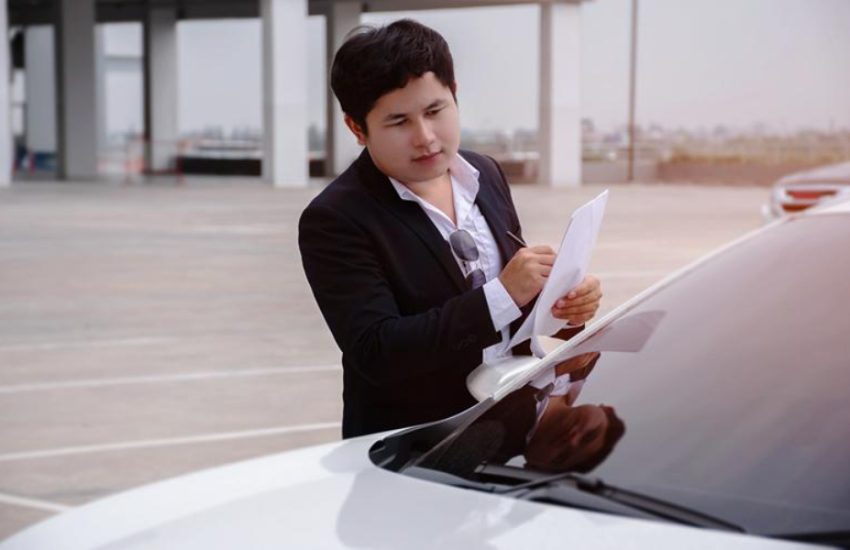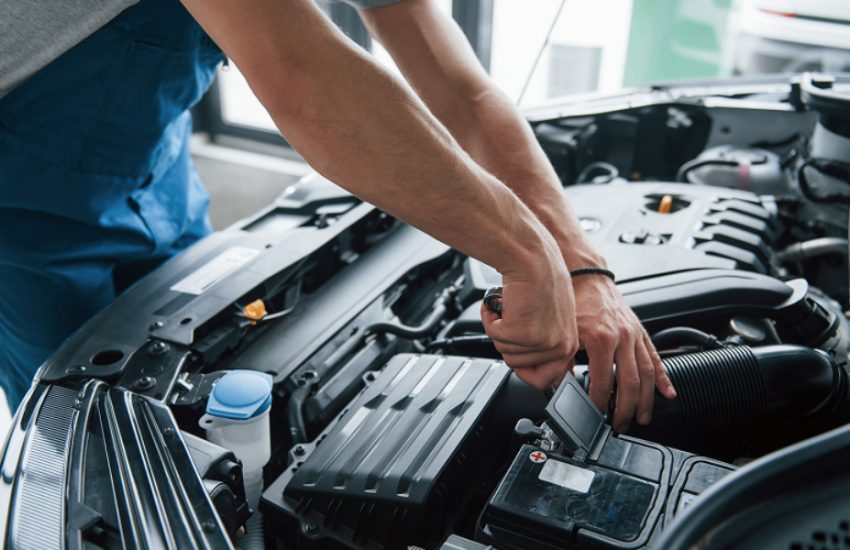How Singapore Scrap Car Dealers Actually Value Your Vehicle
Every year, when a scrap car dealer Singapore receives thousands of vehicles that have reached the end of their Certificate of Entitlement period, something remarkable happens that most car owners never witness. These automobiles enter a remarkably efficient system that has evolved to extract maximum value from every component. The process reveals how Singapore has engineered solutions to the twin challenges of limited space and environmental responsibility. Understanding this system is not merely about getting a fair price for your old car. It is about recognising how policy, economics, and environmental necessity have created an industry that operates with precision most people never see.
The Architecture of Disposal
Singapore’s approach to vehicle disposal did not emerge accidentally. When the government introduced the COE system more than three decades ago, it simultaneously created the framework for what would happen to vehicles when their time expired. The system was designed with ruthless elegance. Every vehicle registered in Singapore comes with a built-in expiration date.
The Land Transport Authority makes the requirements explicit. According to official regulations, “after you have deregistered and disposed of your vehicle, you may be granted a COE rebate, if your COE had not expired when you deregistered your vehicle.” The documentation continues: “For cars and taxis, you may also be granted a PARF rebate depending on how old your vehicle is.”
These rebates ensure the disposal system functions smoothly, preventing vehicles from accumulating in parking lots and void decks. Scrap car dealer in Singapore operates within this framework, serving as the intermediary between individual car owners and the bureaucratic machinery of deregistration.
What Your Vehicle Actually Contains
When you look at your ageing car in the carpark, you see memories and a diminishing asset. When a vehicle disposal specialist in Singapore evaluates the same car, they see something entirely different: commodities, spare parts with specific market values, and export potential.
The calculation includes several distinct elements:
- The Preferential Additional Registration Fee rebate, which can represent 50 to 75 per cent of the original ARF paid, depending on the vehicle’s age
- The Certificate of Entitlement rebate, calculated based on the number of months remaining before expiry
- The scrap metal value, which fluctuates with international commodity prices
- The parts resale value, determined by current demand in the aftermarket
- The export potential, based on whether the vehicle meets requirements for overseas markets
Each component exists in its own market with its own supply and demand dynamics. On any given day, the value of your specific vehicle can vary by hundreds or thousands of dollars depending on these factors.
The Environmental Calculation
When vehicles are properly dismantled through official channels, the process follows environmental protocols designed to minimise harm:
- Hazardous fluids are drained and disposed of safely
- Batteries are removed and recycled
- Metals are sorted and sent for reprocessing
- Plastics and other materials follow their own recycling paths
This represents recognition that the true cost of vehicle ownership extends beyond the purchase price and COE. Every car contains materials that took energy to extract and process. The scrapping system captures some of that embedded value and returns it to productive use.
The alternative, which exists in less regulated markets, is simply to abandon vehicles or process them without environmental safeguards. Singapore’s system has built environmental responsibility into its structure.
The Information Problem
The greatest challenge facing car owners is the asymmetry of information. Dealers process these transactions constantly. They know current rates for every component of value. They understand seasonal patterns and market trends. They have relationships that allow them to move vehicles quickly into export channels or parts markets.
You, as a car owner, likely face this transaction once every decade. You may not know what your PARF rebate should be. This gap is not insurmountable, but it requires deliberate effort to close.
The Compliance Burden
Perhaps the most significant service a Scrap car dealer in Singapore provides is managing regulatory compliance. The LTA requirements are explicit and the penalties substantial. Official guidelines state that “within a month of deregistering your vehicle, you must submit proof that the vehicle has been scrapped, exported, or sent to an EPZ for storage.” Failure to comply can result in prosecution, with penalties including “a maximum fine of $2,000 or 3 months’ imprisonment.”
For most people, navigating these requirements whilst managing jobs and families represents a genuine burden. The dealer’s fee, in part, purchases freedom from this administrative complexity.
Approaching the Transaction
The most effective strategy involves recognising that you are participating in a market with established rules and known information gaps. Smart sellers should:
- Obtain multiple quotations from different dealers
- Calculate expected PARF and COE rebates independently using LTA calculators
- Ask for transparent breakdowns showing paper value, body value, and fees separately
- Understand that timing matters, with values declining as COE expiry approaches
- Research current scrap metal prices and export market conditions
The system works, in its way. It keeps Singapore’s roads from becoming clogged with abandoned vehicles. It creates economic value from what might otherwise be waste. It provides environmental safeguards that many countries lack. But like any market, it rewards participants who approach it with knowledge and preparation when selecting a Scrap car dealer in Singapore.


